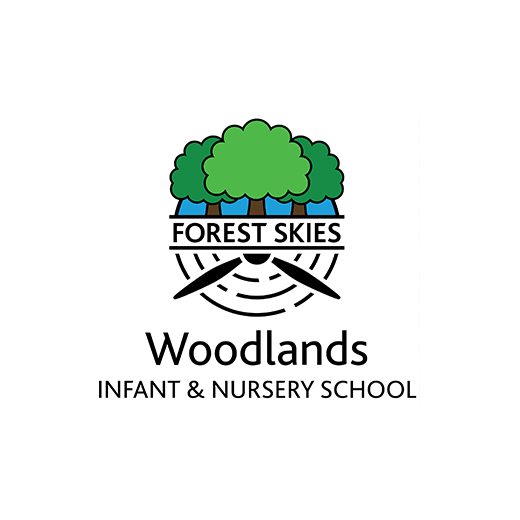EYFS
Early Years Foundation Stage Framework
The Early Years Foundation Stage (EYFS) sets standards for the learning, development and care of children from birth to 5 years old. All schools and Ofsted-registered early years providers must follow the EYFS, including childminders, preschools, nurseries and school reception classes.
The Early Years Foundation Stage (EYFS) framework supports an integrated approach to early learning and care. It gives all professionals a set of common principles and commitments to deliver quality early education and childcare experiences to all children.
As well as being the core document for all professionals working in the foundation years, the EYFS framework gives parents and carers confidence that regardless of where they choose for their child’s early education, they can be assured that the same statutory commitments and principles will underpin their child’s learning and development experience.
The EYFS aims to provide:
- quality and consistency in all early years settings;
- a secure foundation for all children for good progress through school and life;
- partnerships between different practitioners;
- partnerships between parents or carers and practitioners;
- equality of opportunity for all children.
Areas of Learning
Your child will mostly be taught through games and play. The areas of learning are:
- communication and language;
- physical development
- personal, social and emotional development;
- literacy;
- mathematics;
- understanding the world;
- expressive arts and design.
We teach children knowledge, skills and understanding through a child centred-curriculum building upon wow experiences and topics to ensure they access a variety of learning experiences and secure a good foundation for their lifelong learning. We encourage active learning to ensure the children are motivated and interested, taking time to get to know children's interests and their likes to support learning.
Daily guided activities are set up and planned that cover different areas of the EYFS curriculum and allow children to develop their next steps in learning. There is a range of stimulating and engaging activities which the children can access independently and a variety of opportunities for child-initiated play.
